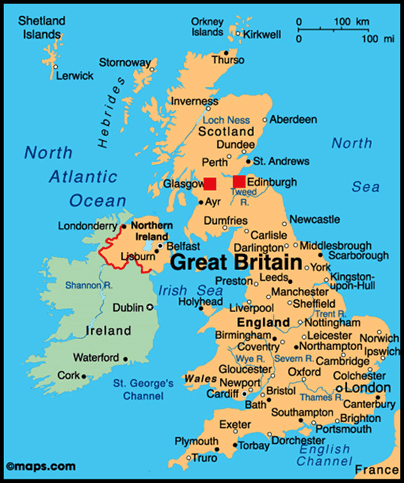7667766266
enquiry@shankarias.in
What is the issue?
Tension over Northern Ireland’s border issues is hampering Brexit talks
What is the history of Ireland?

What has been the island’s relationship with the EU?
What are the challenges ahead?
Source: The Hindu